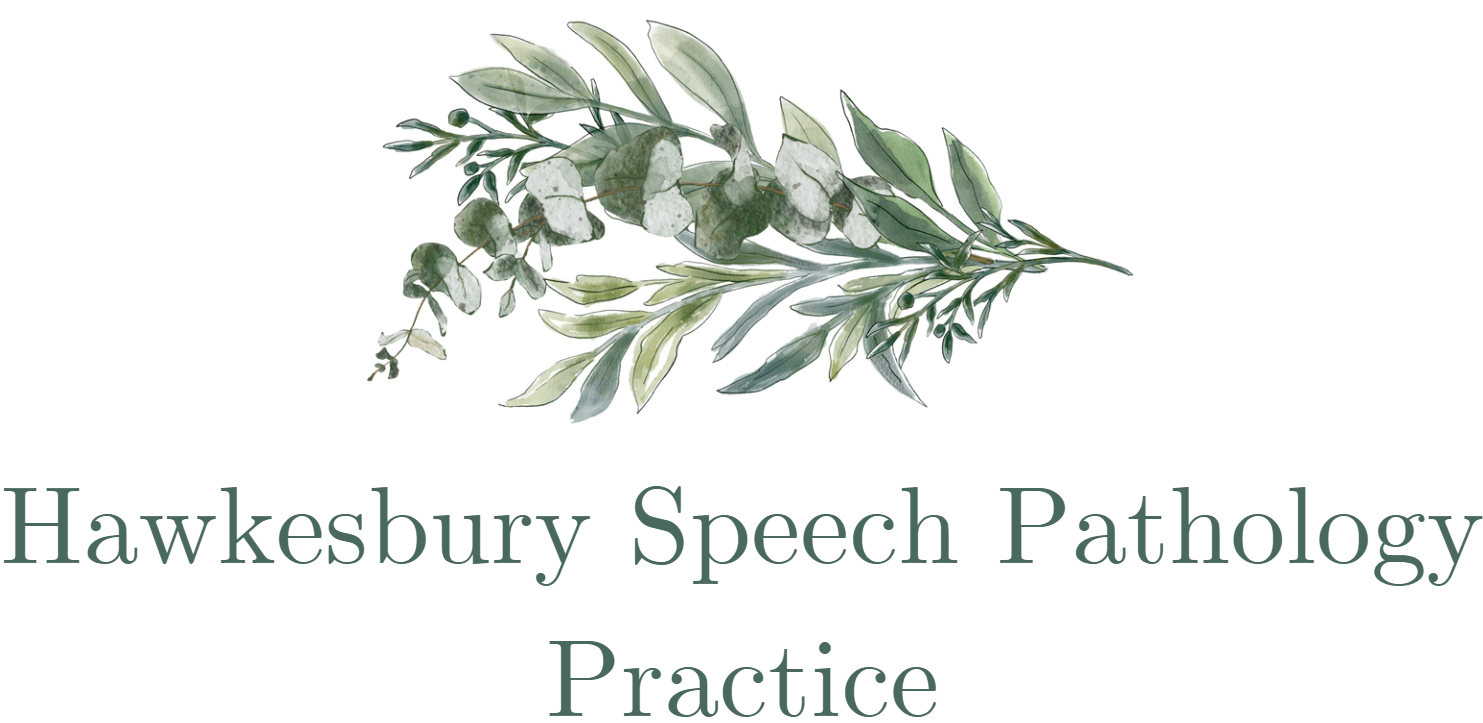Our Services
Speech Pathology tailored to the needs of every child.
Assessments
An initial appointment (running for approx. 60-150mins) to determine your child’s strengths and the areas where they would benefit from support. We may also contact other professionals involved in the child’s care (teachers, specialists, allied health professionals) to gather more information.
A detailed assessment report is prepared and recommendations for ongoing supports will be discussed following the completion of the assessment.
1:1 Therapy Sessions
Individualised and collaborative therapy sessions designed to meet shared goals for your child. Sessions are typically conducted weekly to begin with. The number of sessions that a child needs to achieve their goals is dependent on consistent attendance and completion of home practice.
Sessions can be conducted in person or via Telehealth.
Areas we can Support
-
Orofacial Myology (OM) is a therapy approach that focuses on improving awareness, strength and coordination of the muscles of the face, lips, tongue, cheeks and jaw
Utilises a collaborative team approach. We may recommend that you consult with one or more of the following professionals: Sleep Specialists, Dentists, Ear, Nose and Throat Specialists (ENTs), bodyworkers (Chiropractors, Physiotherapists, Craniosacral Therapists, etc.)
Identifies factors impacting a child’s ability to breathe comfortably through their nose, sleep well, chew and swallow correctly and without pain, and clearly communicate.
Some common symptoms of an Orofacial Myofunctional Disorder (OMD) including:
Breathing through the mouth during the day and/or at night
Snoring
Teeth grinding
Restless sleep (waking frequently in the night)
Drooling
Frequently sick with colds/flus, ear infections
Dental issues
Eating difficulties, including discomfort, avoidance of tough textures such as steak, preference for chewing on one side and tongue thrusting
Tongue, lip and cheek ties
Speech is imprecise- lisps, difficulties with producing the ‘l’, and ‘r’ sounds, slushy quality to speech
-
Understanding the meaning conveyed in language
Forming grammatically correct sentences
Expanding vocabulary
Engaging in conversation with peers and communication partners
-
Improving the pronunciation of speech sounds
Please note: Children seeking assessment and/or therapy support for Childhood Apraxia of Speech (CAS) will be referred on. Currently the practice operates on Fridays only. We cannot ethically support children with this diagnosis as CAS therapy requires multiple weekly sessions to make meaningful progress.
-
Assessing and trialling AAC systems to choose the best option for your child
Supporting the introduction of high tech (an iPad or dedicated communication device.) and low tech (Key Word Sign, core boards, communication books) options
Training of communication partners, teachers and other therapists to use the device
-
Supporting parents and children to understand stuttering triggers.
Assisting children to reduce or eliminate repetitions of phrases, words, syllables and sounds to enable them to confidently communicate.
Training of parents to support their child at home
-
Assisting children to develop foundational pre-literacy skills such as letter-sound correspondences, syllable awareness and first sound identification
Supporting school-aged children with learning to decode words (break up the sounds) to read and spell
Developing abilities in composing clear and well-structured written pieces


